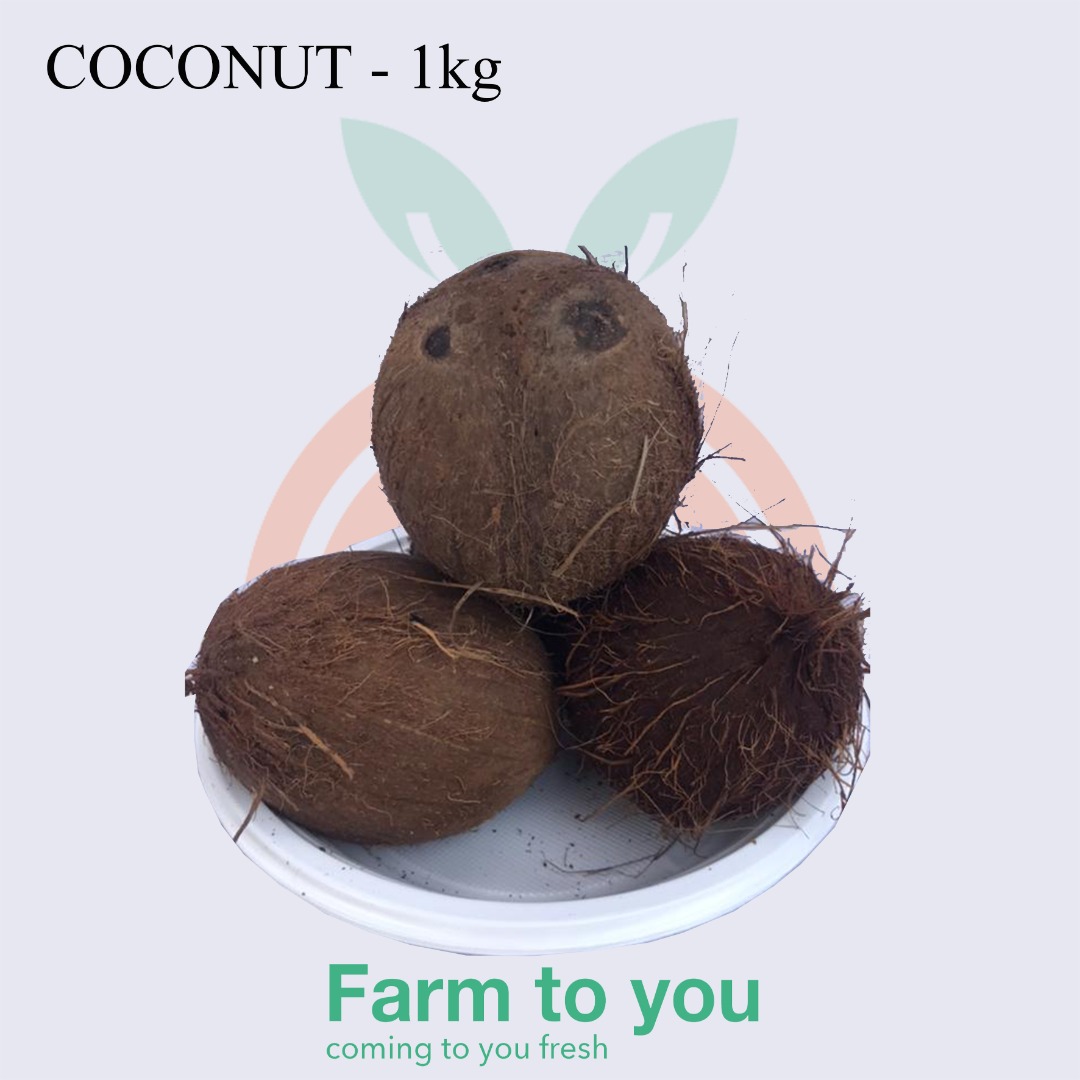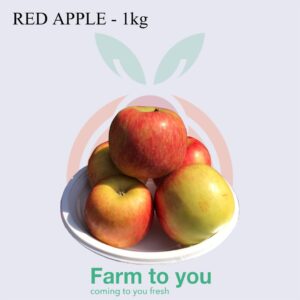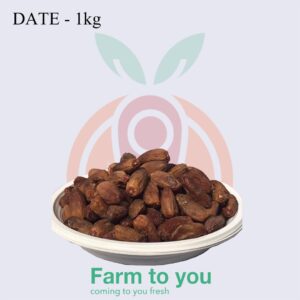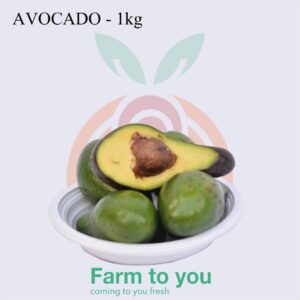Fruits
Coconut
₦2,500.00
Coconut is a highly versatile fruit known for its culinary, nutritional, and cultural significance.
Coconut is a highly versatile fruit known for its culinary, nutritional, and cultural significance. Here are some key points about coconuts:
Characteristics
- Appearance: A mature coconut has a hard, brown outer shell with a fibrous husk. Inside, there is a layer of white flesh (meat) and a cavity filled with coconut water.
- Varieties: There are several varieties of coconuts, typically categorized as either tall or dwarf. The young (green) coconuts are known for their water, while mature coconuts are prized for their meat and oil.
Nutritional Value
- Coconut Water: Low in calories and rich in electrolytes like potassium, making it a natural hydrator.
- Coconut Meat: High in healthy fats, particularly medium-chain triglycerides (MCTs), which are easily digestible and can provide quick energy.
- Coconut Oil: Rich in saturated fats, mainly lauric acid, which may have antimicrobial properties.
- Vitamins and Minerals: Contains vitamins C, E, B1, B3, B5, and B6, as well as minerals like iron, selenium, sodium, calcium, magnesium, and phosphorus.
- Fiber: High in dietary fiber, aiding in digestion.
Health Benefits
- Hydration: Coconut water is an excellent natural hydrator due to its high electrolyte content.
- Heart Health: MCTs in coconut oil can improve good cholesterol (HDL) levels.
- Weight Management: The healthy fats in coconut can help with weight management by providing a quick energy source and promoting satiety.
- Digestive Health: High fiber content supports healthy digestion and can prevent constipation.
- Antimicrobial Properties: Lauric acid in coconut oil has been shown to have antimicrobial effects, which can help fight infections.
Culinary Uses
- Coconut Water: Consumed as a refreshing drink or used in smoothies and cocktails.
- Coconut Meat: Eaten fresh, dried, or shredded; used in desserts, curries, and baked goods.
- Coconut Milk: Made by blending coconut meat with water and straining it; used in soups, stews, and sauces.
- Coconut Cream: Thicker and richer than coconut milk, used in desserts and creamy dishes.
- Coconut Oil: Used for cooking, baking, and as a dairy-free alternative to butter.
Non-Culinary Uses
- Skin Care: Coconut oil is used in moisturizers, lotions, and hair care products for its hydrating properties.
- Traditional Medicine: Used in various traditional medicine practices for its purported health benefits.
- Household: The husk fibers (coir) are used to make mats, brushes, and ropes.
Growing Conditions
- Climate: Thrives in tropical climates with plenty of sunlight and rainfall.
- Soil: Prefers well-drained sandy or loamy soil.
- Watering: Requires consistent moisture, especially during the establishment phase.
Harvesting and Storage
- Harvesting: Young coconuts are harvested for their water, while mature coconuts are harvested for their meat and oil.
- Storage: Fresh coconuts should be stored in a cool, dry place. Coconut water and milk should be refrigerated and consumed within a few days.
Cultural Significance
- Traditional Uses: Integral to many cultures, especially in tropical regions, for both food and non-food uses.
- Festivals and Rituals: Often used in religious ceremonies, weddings, and festivals.
| Piece | 1Pc 2Pcs |
|---|
You must be logged in to post a review.






Reviews
There are no reviews yet.